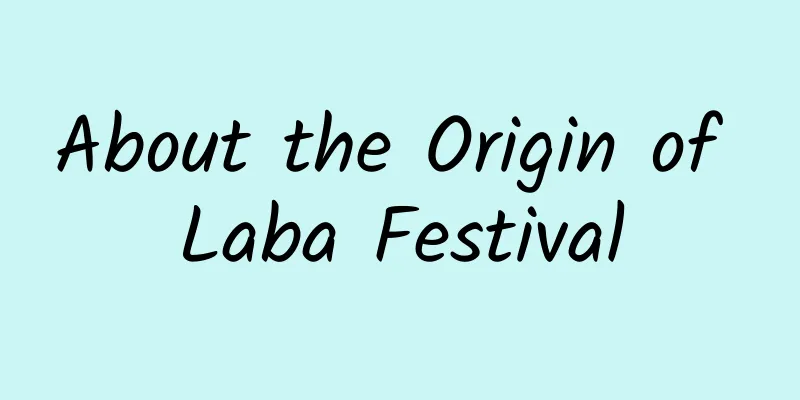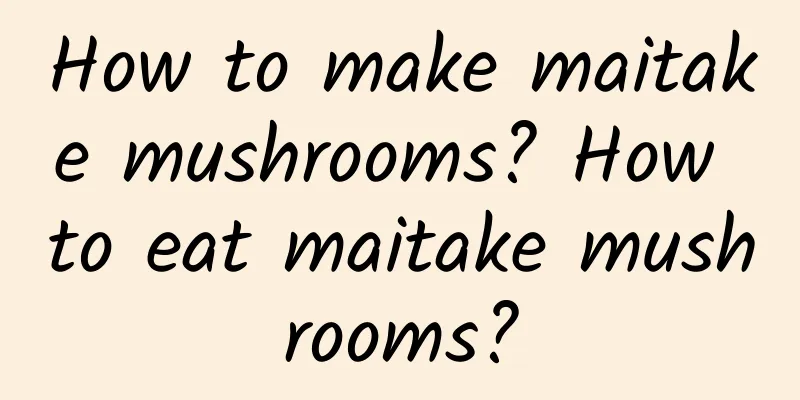About the Origin of Laba Festival

About the Origin of Laba FestivalLaba Festival (thelaba Rice Porridge Fe stival The eighth day of the twelfth lunar month (the twelfth lunar month is called the twelfth lunar month) is the traditional Laba Festival of the Han Chinese. On this day, people in most parts of my country have the custom of eating Laba porridge. Laba porridge is made from eight kinds of fresh grains and fruits harvested that year, and is generally sweet. However, many farmers in the Central Plains like to eat salty Laba porridge, which contains rice, millet and mung beans. Laba porridge ingredientsIn addition to ingredients such as cowpea, red bean, peanut, and jujube, shredded meat, radish, cabbage, vermicelli, kelp, tofu, etc. are also needed. Laba FestivalIt is also called the Laba Festival, the Laba Festival, the Wanghou La Festival or the Buddha's Enlightenment Day. It was originally a festival for celebrating the harvest and thanking ancestors and gods (including door gods, household gods, house gods, kitchen gods and well gods) in ancient times. Laba Festival In addition to worshipping ancestors and worshipping gods, people also have to expel the plague. This activity originated from the ancient Nuo (an ancient ritual to drive away ghosts and avoid plague). One of the medical methods in prehistoric times was to drive away ghosts and cure diseases. The custom of beating drums to drive away plague in the twelfth lunar month as a witchcraft activity still exists in Xinhua, Hunan and other areas. Later it evolved into a religious festival to commemorate the Buddha Sakyamuni's enlightenment. The La Festival was called "Jiaping" in the Xia Dynasty, "Qingsi" in the Shang Dynasty, and "Dala" in the Zhou Dynasty; because it was held in December, the month was called the twelfth lunar month, and the day of the La Festival was called La Day. The La Festival in the pre-Qin Dynasty was on the third Xu day after the winter solstice, and it was not until the Southern and Northern Dynasties that it was fixed on the eighth day of the twelfth lunar month. Shuowen says: "On the third day after the winter solstice, people offer sacrifices to all gods." It can be seen that the third day after the winter solstice was once the La Day. Later, due to the intervention of Buddhism, the La Day was changed to the eighth day of the twelfth lunar month, and it has become a custom since then. Why is the month at the end of the year called "La"? There are three meanings: one is that "La means connection", which implies the alternation of the old and the new (recorded in "Book of Sui·Rituals"); the second is that "La means hunting", which refers to hunting to obtain animals for offering sacrifices to ancestors and gods. "La" is next to "meat", which means using meat for "winter sacrifice"; the third is that "La means to drive away epidemics and welcome spring". Laba Festival is also called "Buddha's Enlightenment Festival", also known as "Enlightenment Meeting", which can actually be said to be the origin of the eighth day of the twelfth lunar month as the La Day. It is said that the founder of Buddhism, Sakyamuni, practiced in the mountains and sat in meditation for six years. He was so hungry that he was as thin as a stick. He wanted to give up this suffering, but he met a shepherdess who gave him gruel. After eating, he sat cross-legged under the Bodhi tree and became enlightened and became a Buddha on the eighth day of the twelfth lunar month. In order to commemorate this, the "Buddha Enlightenment Festival" was established. Out of piety, Chinese believers merged it with "La Day" to form the "Laba Festival", and also held grand rituals. The reason why the twelfth month of the lunar calendar is called "La Yue""La" means to ask for something. In the twelfth month of each year, all things are gathered together and asked for a feast." "La" and "La" are similar. Sacrificing to ancestors is called "La", and sacrificing to gods is called "La". About the Origin of Laba Festival "La" and "La" are both sacrificial activities, which are mostly carried out in the twelfth month of the lunar calendar, so people call the twelfth month the La Month. Laba FestivalThe twelfth lunar month is the end of the year. In ancient times, people had nothing to do during the farming season, so they went out hunting. One reason was to get more food to make up for the shortage of grain, and the other was to use the hunted animals to worship their ancestors, pray for blessings and longevity, and avoid disasters and usher in good fortune. There are many folk customs in the twelfth lunar month. On the eighth day of the twelfth lunar month, "Laba porridge" is made with grains. Some farmers will sprinkle "Laba porridge" on doors, fences, firewood piles, etc. to worship the god of grains. On the twenty-third day of the twelfth lunar month, commonly known as the "Little New Year", people in some areas display incense, wax knife heads, sweets and fruits to worship the "Kitchen God". In fact, most people nowadays do not believe in "gods" and the like. Doing so is just following some ancient customs, or just for fun. |
<<: Cook Laba porridge according to personal physique selection
>>: Laba Congee and Local Laba Food Customs
Recommend
What are the benefits of drinking lemon juice?
Lemon juice is a juice with a relatively sour tas...
What is the Research Triangle Park like? Reviews and website information of the Research Triangle Park
What is the website of the Research Triangle Park ...
The efficacy and function of soybean sprouts
Soybean sprouts are tender sprouts made from soyb...
How is Facebook? Facebook reviews and website information
What is Facebook? Facebook is the world's larg...
What is Piaggio? Piaggio reviews and website information
What is Piaggio? Piaggio & C. spa is an Italia...
The nutritional value of crab meat and the benefits of eating crab meat
Crab is a food that everyone likes to eat. It is ...
How to keep fruits fresh in fruit shops
<span style="font-family:宋体;mso-ascii-font-fam...
How to use a kettle to ferment soybeans
Many people have tried to make soybeans at home, ...
How to wash ink off clothes
In daily life, our clothes may be accidentally st...
The efficacy and function of the lucky tree What are the uses of the lucky tree
The lucky tree is a green plant that many people ...
How is Original Film? Original Film review and website information
What is Original Film? Original Film is an America...
What are the harms of eating oranges?
Everyone has eaten oranges, which are high in nut...
The efficacy and function of snow lotus seeds
Snow lotus seeds are a kind of food similar to gr...
The fastest way to pickle peppers Pickle pepper pickling tips
Many people like to eat pickled peppers. It is an...
How to prune an apple tree? Tips on pruning an apple tree
Apples are commonly eaten, but do you know much a...









